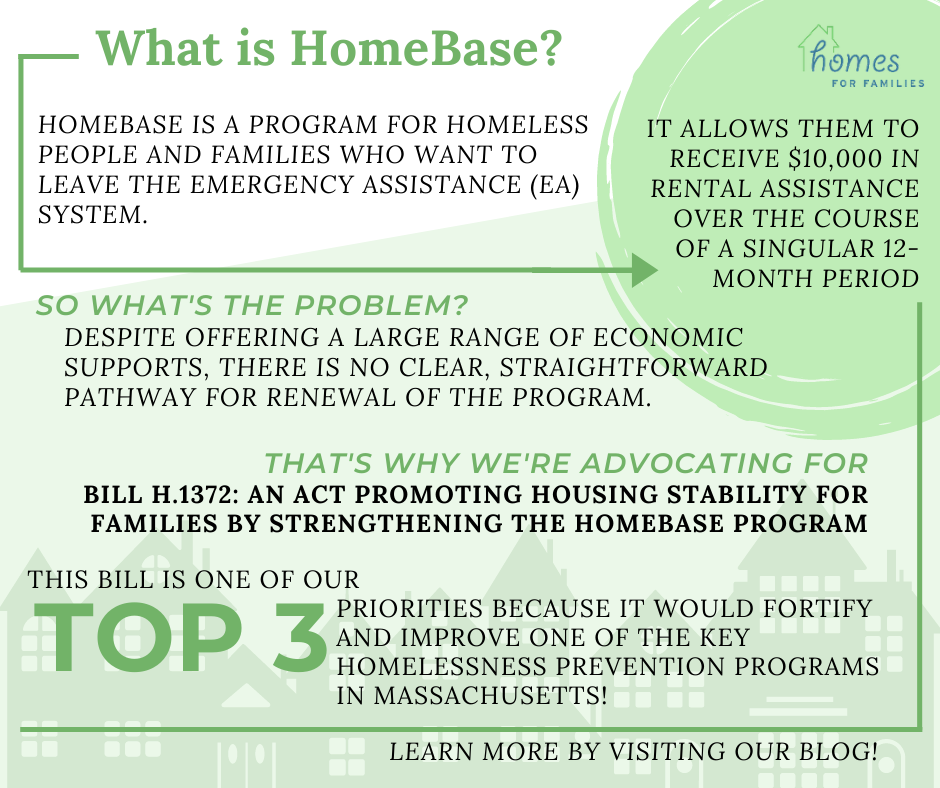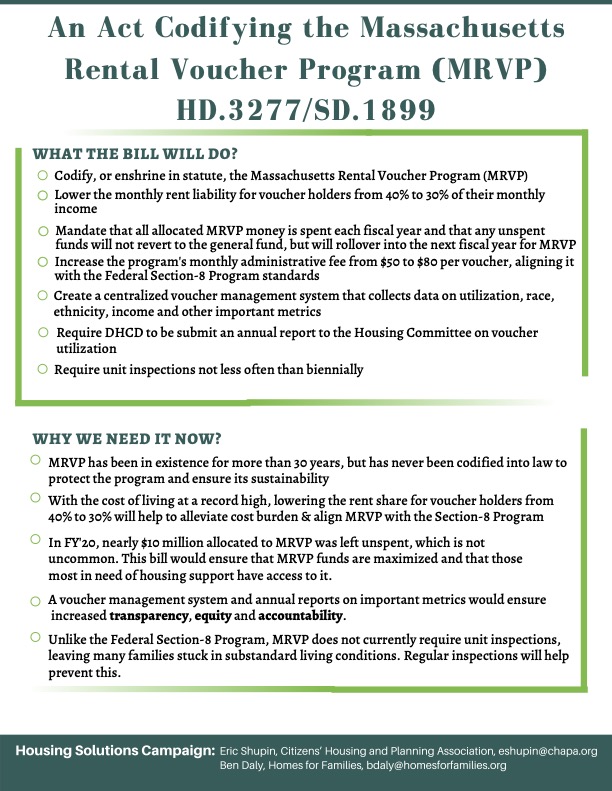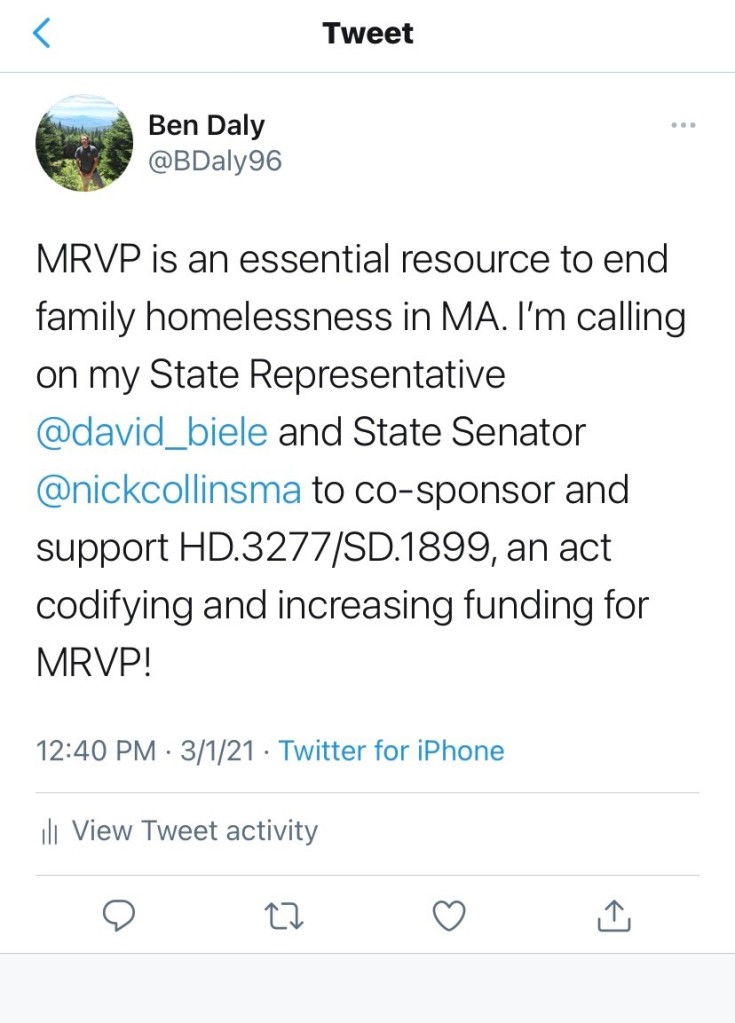Bill H.264/S.142 is formally called “An Act providing a bill of rights for people experiencing homelessness.” In short, it recognizes various fundamental rights that people experiencing homelessness should always have. A bill of rights for people experiencing homelessness is not a new piece of legislation in the country.
In fact, some states already have a homeless bill of rights, including Rhode Island, Connecticut, and Illinois. The nation still has a long way to go in passing and implementing a bill of rights for every state’s homeless population. By passing this bill, Massachusetts will be taking the next step forward in protecting the rights of all of its people.
What are these rights exactly? In the states that have passed a homeless bill of rights, and in this proposed bill, the following rights are recognized: the right to move freely in public spaces, the right to confidentiality of records, the right to privacy of property, and the right to register to vote and to vote. Legislators and organizations working to pass this bill believe that these are fundamental human rights that are not currently protected in the homeless population.
What will this bill change?
- It will amend public spaces laws, recognizing the rights of people experiencing homelessness to rest, eat, pray, and be in public spaces
- It will amend voting laws to affirm the right to vote and register to vote without a permanent address
- It will amend anti-discrimination laws to include housing status
This Bill would also repeal old sections of Massachusetts General Laws that use harmful terminology such as “tramps”, “vagrants”, and “vagabonds.” These terms have been used since before the foundation of this country and have been used as derogatory terms for people experiencing homelessness for centuries. First used to describe people who were homeless, unemployed, and/or participating in an unlicensed trade, they have come to be used instead to imply criminal activity and laziness. These detrimental terms clearly have no place in 21st century legislation.
Bill H.264/S.142 was presented by State Senator Rebecca L. Rausch and was referred to Joint Committee on Children, Families and Persons with Disabilities. These legislative changes will affirm the equal rights of all persons experiencing homelessness. It is a critical step in combatting the inequalities faced by low-income people and in fighting for racial equity in housing and shelter.
How to get involved:
- USE YOUR VOICE
- Contact your state representative to urge them to vote “yes” on this bill: https://www.sec.state.ma.us/WhereDoIVoteMA/bal/MyElectionInfo.aspx
You can find your State Representative and Senator HERE. These elected officials work for you, and it is immensely important that they hear from their constituents about what you want them to do as your representative. Here is a script you can use to email or call your representatives:
Dear Representative/Senator [NAME],
My name is [NAME] and I am Calling/Emailing on behalf of [ORGANIZATION]. I live in your district and wanted to talk to you about a piece of legislation that is crucial to helping end family homelessness in Massachusetts. This bill is incredibly important to me and I would really appreciate your advocacy around, especially by co-sponsoring the bill.
On any given night in our state, 18,471 people experience homelessness, a number that has more than doubled since 1990, and over 12,000 of them are in families with children. Since 2007, no other State in America has seen a larger increase in family homelessness. It doesn’t have to be this way! There are concrete laws that can be passed that will drastically transform Massachusetts into a State where homelessness really is brief, rare, and non-recurring.
As your constituent, here is the bill I’d like you to co-sponsor and support:
Bill H.264/S.142: An Act providing a bill of rights for people experiencing homelessness
This bill would protect the fundamental human rights that all people experiencing homelessness should have. It is necessary as a democratic state to protect the rights of all citizens, especially those who face times of hardship.
Sincerely, [NAME]
- LEARN MORE
- See our blog for more information: https://homesforfamilies.wordpress.com/
- SHARE THE CAUSE
- Find us on Twitter @HFFma
- Find us on Facebook @homesforfamilies
The lead sponsors of this Bill are:
- Senator Becca Rausch, Representative Smitty Pignatelli, & Representative Frank Moran
To read the full Bill, please visit: https://malegislature.gov/Bills/192/SD1467






